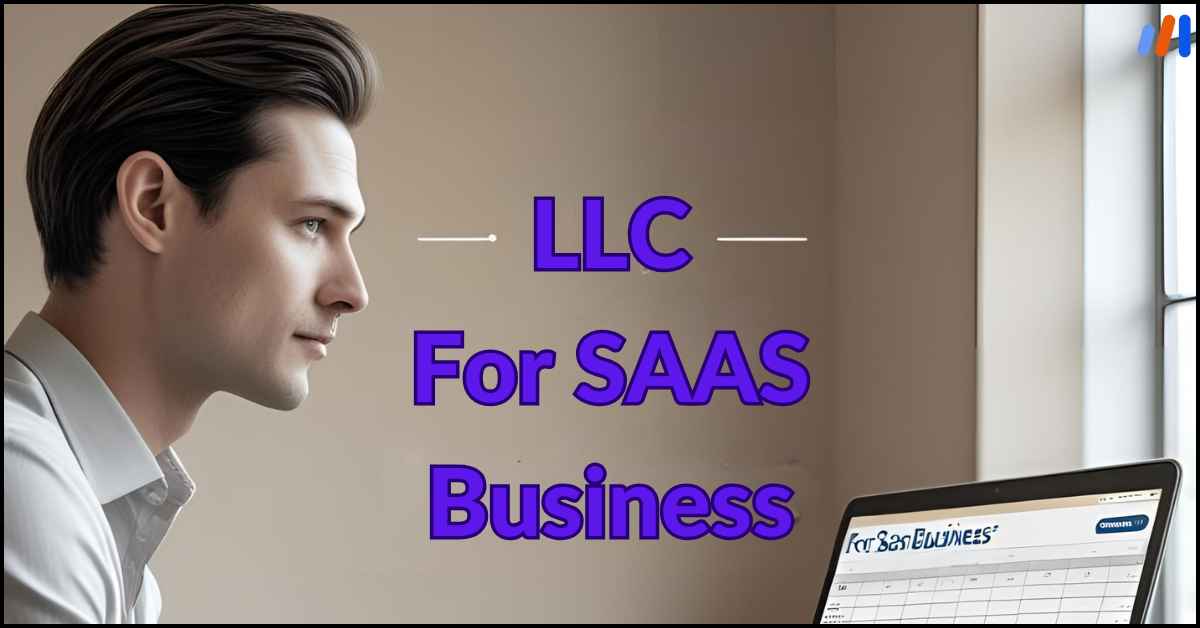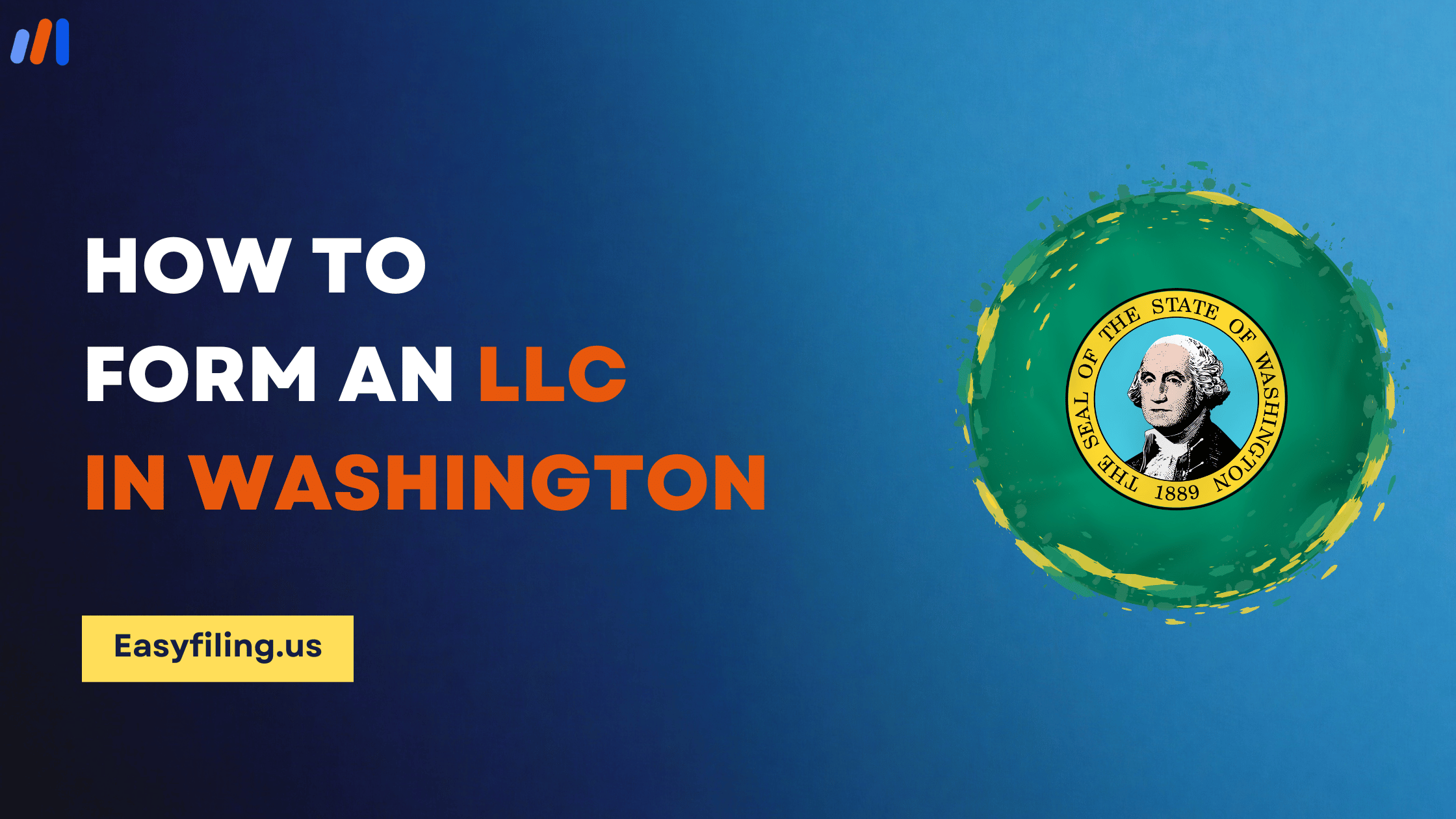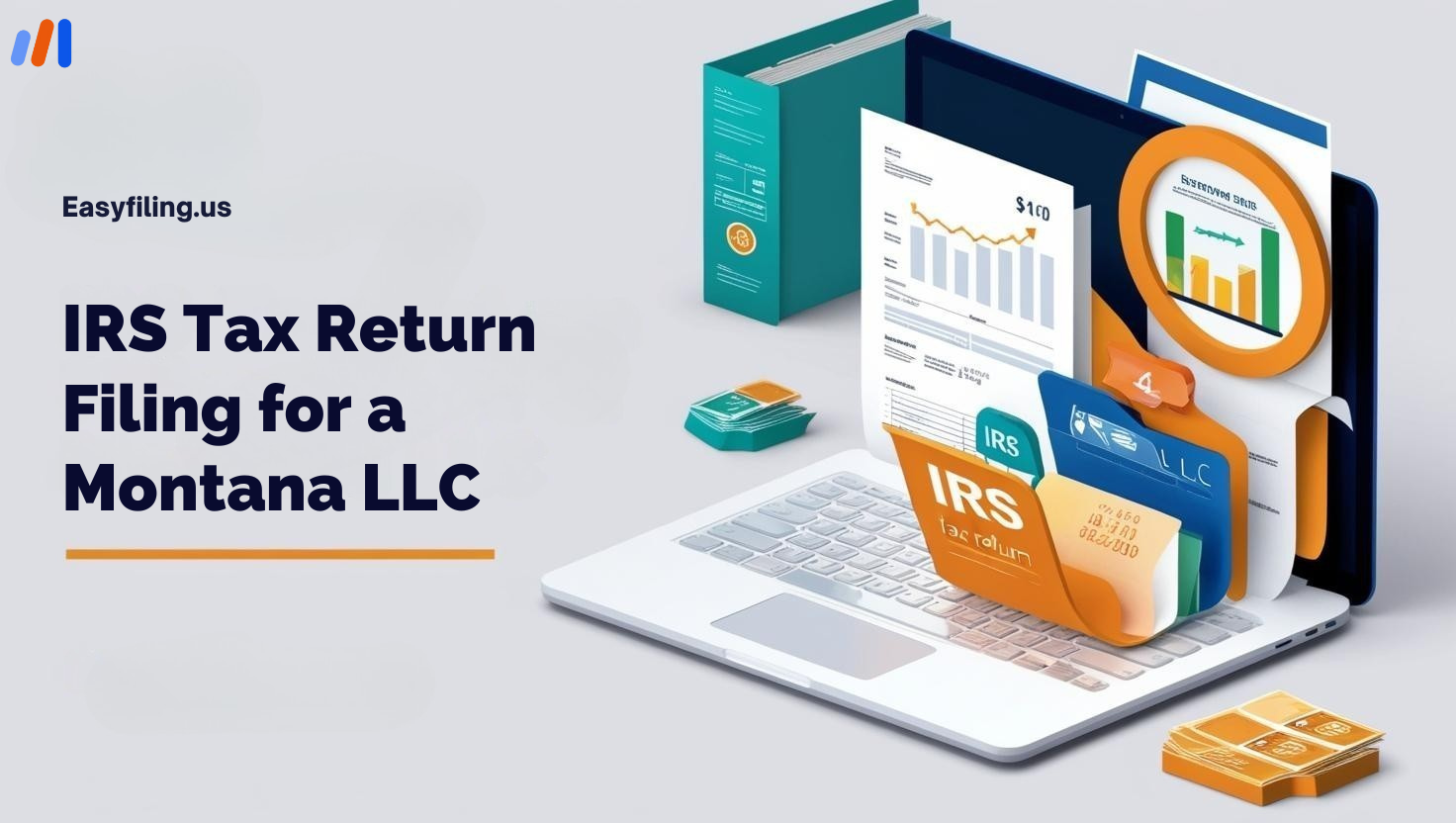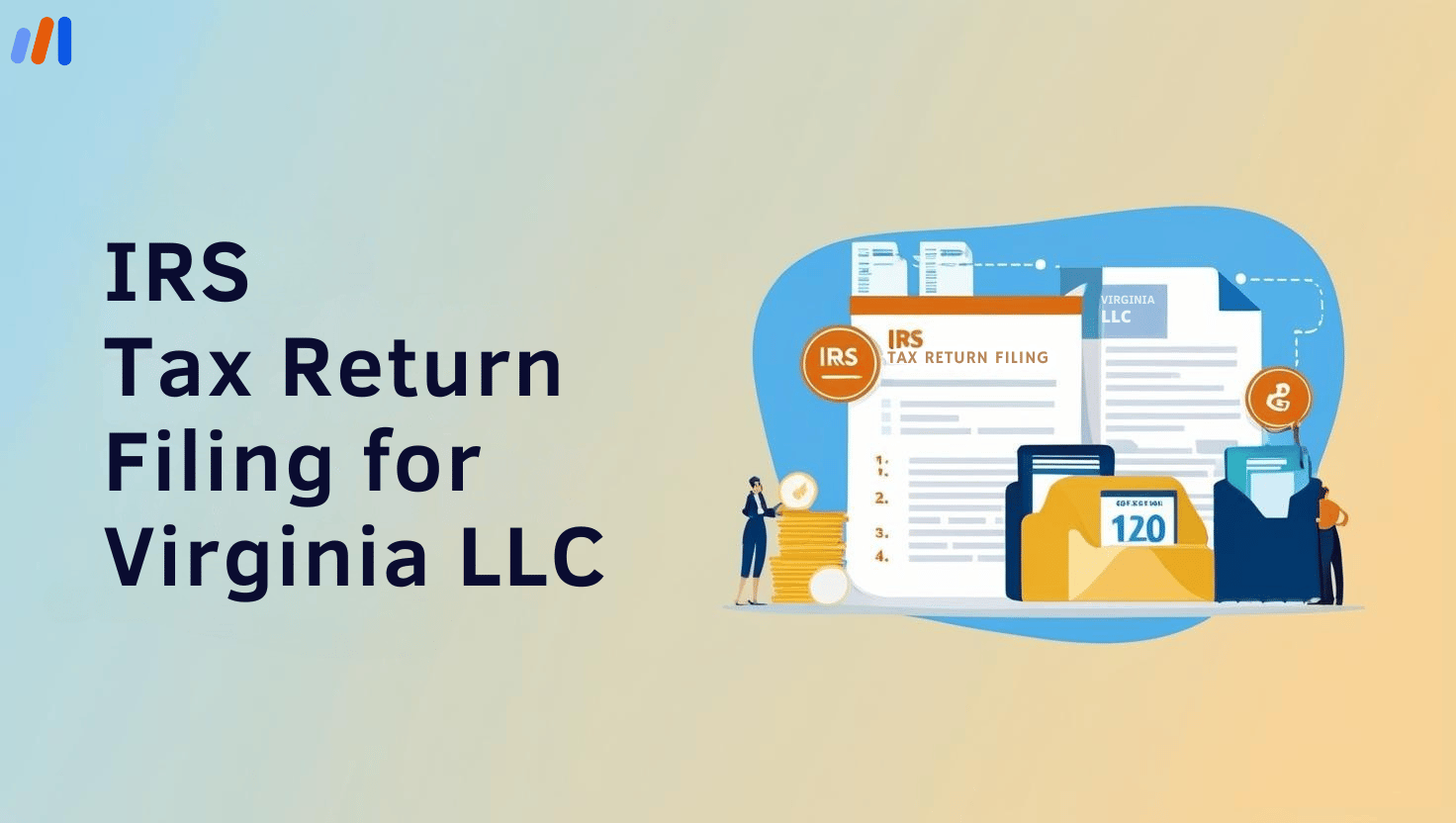If you’re building a SaaS startup or launching a cloud-based business, success is more than creating amazing code or solving a problem in the market. One huge factor that gets overlooked sometimes is choosing the right business structure. And for most technology founders, forming an LLC for a SaaS business is one of the best initial moves you can make.
An LLC, or Limited Liability Company, offers a flexible, affordable, and protected framework that’s extremely well-suited to software-first companies. Before your software is launched to the world or your first subscription is billed, understanding the advantages of being an LLC can help safeguard your assets, simplify your taxes, and set your startup on the road to long-term success.
Why Start a SaaS Business?
Software as a Service (SaaS) has revolutionized product consumption and delivery. With its minimal overhead, subscription-based revenue streams, and global accessibility, SaaS is a thrilling venture for startup founders. These are some of the reasons why more founders are making a foray into SaaS:
- Scalability: Thousands of customers can be supported quickly by just one codebase.
- High Profit Margins: The follow-up expenses are low once developed.
- Global Access: Your users are anywhere in the world with an internet connection.
- Automation-Friendly: Onboarding, billing, and support can be automated.
As exciting as the tech piece is, it is the back-end infrastructure, like creating an LLC to build a SaaS company, that makes innovation yield long-term growth.
SaaS Company Types
SaaS companies come in all shapes and sizes, including:
- B2B SaaS: Business software, including CRMs or project management tools.
- B2C SaaS: Consumer applications, including personal finance or fitness apps.
- Vertical SaaS: Industry-specific software (e.g., for legal or medical sectors).
- Niche SaaS: Serving micro-audiences with highly targeted solutions.
Each of these benefits comes from the asset protection and simplicity of forming an LLC for a SaaS business.
LLC for SaaS Startup Ideas
Whether you’re building a productivity app or a niche AI tool, your first legal step should be protecting your personal and business assets. Forming an LLC provides:
- Limited Liability: Your funds won’t be at risk if your SaaS is under litigation.
- Tax Ease: Avoids double taxation and enables profits to pass through to your tax statement.
- Credibility: Potential clients and investors feel more secure with a registered business.
- Operating Flexibility: LLCs are easy to operate with very few corporate formalities.
How to Register Your SaaS Business as an LLC
Creating an LLC for your SaaS business is simple. Here’s the step-by-step way to do it:
- Choose Your State: Both Delaware and Wyoming are tech-friendly states, but your home state is okay if you’re bootstrapping.
- Choose a Business Name: Make sure it’s distinctive and available as a domain name.
- Submit Articles of Organization: Submit your formation documents with the Secretary of State.
- Choose a Registered Agent: This service or individual will receive legal documents.
- Obtain an EIN: To open a bank account and make tax payments.
- Create an Operating Agreement: Defines ownership and business procedures.
- Open a Business Bank Account: Separates finances and keeps them organized.
- Remain Compliant: File annual reports and pay fees to stay in good standing.
Legal Implications for SaaS Startups
Being in the SaaS business is more than just releasing a fantastic product. Legal responsibilities include:
- Data Protection Laws: GDPR, CCPA, et al., depending on where your users are located.
- Terms and Privacy Policies: Writing them down reduces exposure to the law.
- Intellectual Property: Protect your source code, your brand name, and your logos.
An LLC for a SaaS business provides founders with a shield of protection, which shields them from personal liability in the event of data breaches or contractual issues.
Organizations for SaaS Startups: Why LLC Typically Prevails
There are a variety of legal structures a SaaS founder might use, but the LLC tends to be top of mind:
- In comparison to Sole Proprietorships, it provides liability protection.
- In comparison to C-Corps: No taxation of the corporation and fewer compliance requirements.
- In comparison to S-Corps, Greater flexibility around ownership and profit distribution.
For early-stage founders, the LLC for a SaaS company provides an ideal balance of protection, ease, and scalability.
Step-by-Step: How to Form an LLC for Your SaaS Business
Here is a more detailed step-by-step guide:
- State Choice: Search for formation-friendly states or where you are.
- Name Search: Avoid trademark issues by searching the USPTO database.
- Legal Filing: Form a legal document online or by mail.
- Registered Agent Service: Hire a professional if you don’t want to be public.
- Operating Agreement: Needed if you have co-founders or investors.
- EIN Application: Free and fast through the IRS website.
- Banking & Financial Setup: Choose a SaaS-friendly bank with integrations.
- Continuous Compliance: Track annual report compliance deadlines, taxes, etc.
When to Turn Your SaaS LLC into a C-Corp
While an LLC is ideal for a startup, some SaaS businesses outgrow it at some point:
- Venture Capital: VCs mostly like to invest in Delaware C-Corps.
- Equity Compensation: C-Corps offer better stock option structures.
- International Expansion: C-Corps make foreign investment and IPOs simpler.
The silver lining? You can later convert from an LLC to a C-Corp with the help of an attorney.
SaaS Founders’ Most Common LLC Mistakes
Avoid these mistakes:
- Mixing Funds: Always maintain a separate bank account.
- Ignoring Compliance: There are annual fees and reports to be filed.
- Cutting Corners on Agreements: Operating agreements should be signed by co-founders.
- Waiting on Incorporation: Holding out for revenue to balloon might put you in danger.
Conclusion: LLC for SaaS Business – A Strategic Launchpad
Forming an LLC for your SaaS startup is one of the smartest things you can do when beginning. It is not only a legal requirement; it is seizing responsibility for protecting your concepts, streamlining your finances, and expanding your innovation.
By forming smart, you position your SaaS for growth on solid ground—legally, financially, and operationally. And when or if the time comes to raise capital or go international, you’ll be ready.
FAQs: LLC for SaaS Business
Q1: Is it possible to start a SaaS company as an individual member LLC?
Yes, an individual-member LLC is ideal for solo founders and gives you liability protection with simple taxes.
Q2: Do I need to charge sales tax on SaaS services?
It depends on the state. Some states tax SaaS, but some do not.
Q3: Where should I form an LLC for a SaaS business?
Delaware and Wyoming are popular because they have pro-tech laws and low costs.
Q4: Can I later convert my LLC to a C-Corp?
Yes. It’s a standard series of events since SaaS businesses grow and raise outside capital.
Q5: Do I need a registered agent for my LLC?
Yes. One is a stat requirement for all LLCs.
File Your LLC Today
25$ off with a coupon
Lock in EasyFiling's transparent rates and get lifetime compliance support at no extra cost.
Get Started Now








